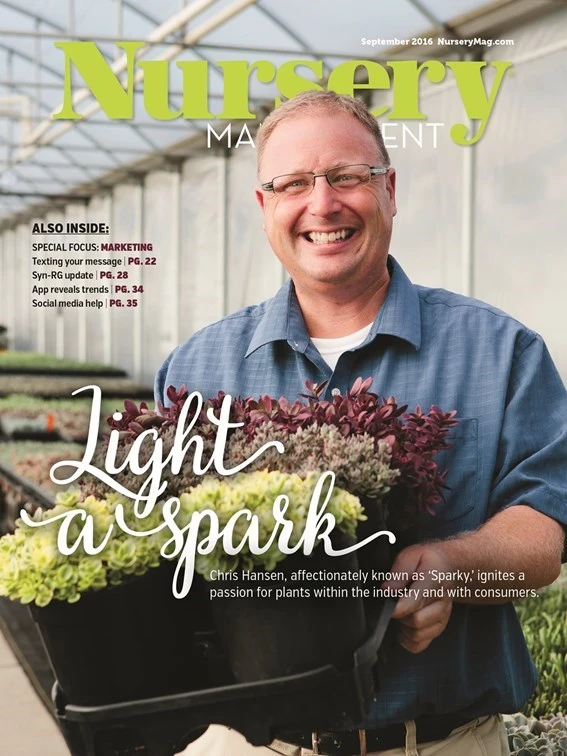Many factors can impact one’s feeling of comfort and security for their jobs and livelihoods. A shifting and unsteady economy. Tumultuous global events. You see the same phenomena with anyone who has something to sell—which is all of us. Regardless of what you are selling—a product, a service, and of course, yourself, there are unfortunate instances of people taking any business and not quality business. Why? Your internal fear of allowing yourself to be vulnerable and accepting the business and responsibilities you know you can deliver at 100%.
Where things begin to veer off track is when people think they are going to lose their jobs or lose a sale (which is the same thing), they hold on tighter to them or take any deal. In doing so, you stretch yourself thin and tend to accept more and more responsibility. Subsequently, when people assume more responsibility than they can realistically handle, they become inefficient and less successful. Holding on tighter in an attempt to ensure job security is actually harmful and professionally destabilizing.
When you try to do it all, you wind up making bad decisions, which leads to settling and a feeling of unhappiness and dissatisfaction with your choices. In that event, everyone suffers; the client, the employer, your colleagues and you. All because you’re hanging on so tight that you don’t allow yourself to be vulnerable. A strong indicator of any success is your ability to be vulnerable and know your strengths, your weaknesses and having the courage to walk away when necessary. It’s about having the bravery to embrace one simple concept—you will be more successful when you can successfully articulate your position and say “no” when you should.
“Vulnerable” isn’t a word that you would often associate with sales—and that reason alone proves its importance. So how can you let go, become vulnerable, and actually improve your standing with your clients and colleagues? In a sales culture, everyone knows that they play a vital role in the sales cycle. In some cases, an individual’s contributions may not be immediately seen, but he or she knows that their role is essential to clients ultimately saying “yes.” This is the essence of sales culture. When you can communicate your value proposition in a compelling way, you make yourself vulnerable and more secure at the same time.
Consider these points:
1. Vulnerability is tough.
Letting go is hard. But by holding on to all the responsibilities, or taking any business that comes your way, you increase the chances of becoming mediocre because you can’t do it all—and you don’t have to. Being vulnerable means that you are able to say “no” to the so-called opportunities and business that are not actually quality business.
2. Vulnerability is nobility.
Your ability to be vulnerable is noble and earns you respect. When you are engaged to do what you do well, you increase your security, your role in the sales process, and the customer experience. Vulnerability is the desire to ask someone for feedback and be prepared to hear the answer and not be defensive. Vulnerability and defensiveness are diametrically opposed.
3. Vulnerability is a professional skill.
It takes a high degree of professionalism and maturity to know that you contribute in a certain way and in other ways you don’t. Knowing where that line is and when not to cross it is the hallmark of a true professional and someone people want to buy from or someone people want to work with.
4. Vulnerability is cool.
A sale is a complex series of interactions among people who all contribute some form of intellectual capital to the sales process. When you accept that staying focused on your own area of expertise is valuable, you’ll be at peace with being vulnerable, you’ll be confident and on your game. The sales team and the client will see this and they’ll say “yes!” Vulnerability is indeed money in the bank.
5. Vulnerability is attractive.
People will buy you and from you when they know you are real. Showing your authentic self and communicating plainly and directly is the key component here. People want to know that you can identify with them and that you understand them. Being truly vulnerable means that you are not afraid to show yourself.
Allow yourself to let go and reap the rewards that vulnerability affords.

Get curated news on YOUR industry.
Enter your email to receive our newsletters.
Explore the September 2016 Issue
Check out more from this issue and find your next story to read.
Latest from Nursery Management
- The Growth Industry Episode 3: Across the Pond with Neville Stein
- Trends: Proven Winners 2025 perennial survey shows strong demand
- Online registration opens for the 2025 Farwest Show
- Sustainabloom launches Wholesale Nickel Program to support floriculture sustainability
- Plant breeding as an art
- Society of American Florists accepting entries for 2025 Marketer of the Year Contest
- American Horticultural Society welcomes five new board members
- Get to know Christopher Brown Jr. of Lancaster Farms







